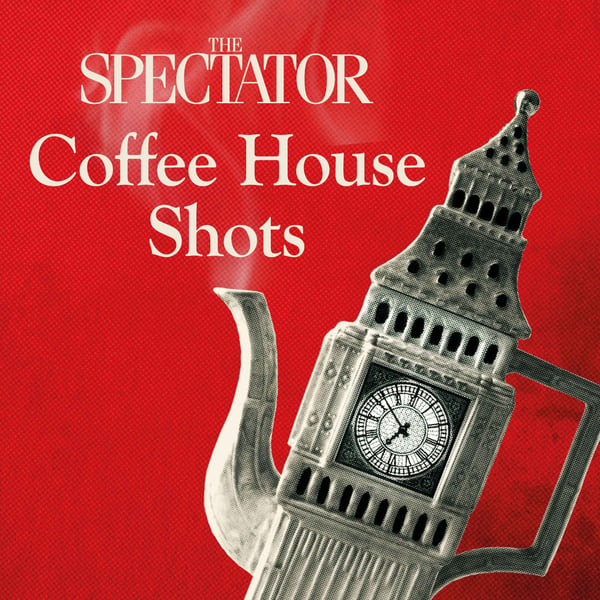How will history remember Brexit?
Coffee House Shots
The Spectator
4.4 • 2.1K Ratings
🗓️ 23 January 2021
⏱️ 25 minutes
🧾️ Download transcript
Summary
Transcript
Click on a timestamp to play from that location
| 0:00.0 | The Spectator magazine combines incisive political analysis with books and arts reviews of unrivaled authority. Absolutely free. Go to spectator.com.uk forward slash voucher. |
| 0:24.8 | Hello and welcome to a special Saturday edition of coffeehouse shots. |
| 0:29.2 | Brexit is done. That's what Boris Johnson likes to tell us. |
| 0:32.6 | So as we hear some teething issues in terms of the borders in terms of the arrangements, if we take a |
| 0:38.7 | step back, how will we look at Brexit in the decades to come? To discuss this, I'm joined by James |
| 0:44.6 | Forsythe and Robert Toombs, historian and spectator contributor and the author of the new book, |
| 0:50.2 | The Sovereign Isle, Britain in and out of Europe, which aims to put Brexit in its historical context. |
| 0:56.5 | So to begin, Robert, I think one of the really interesting things that's come from the discussion so far around your book is we've obviously been living through a period where Brexit feels quite stressful, particularly when you've been in Parliament, |
| 1:13.1 | looking at all these knife-edge votes for several years. |
| 1:18.0 | And it has dominated political discourse for several years, less so now, clearly, with coronavirus. |
| 1:23.6 | But you suggest that actually, in the time to come, we might look back and say, |
| 1:25.0 | what was the fuss all about? |
| 1:26.5 | Well, that's what I hope. |
| 1:28.6 | I mean, this is partly because I think history forgets most things. You know, people love saying this will go down in the history books, |
| 1:33.2 | and hardly anything goes down in the history books except for a tiny number of specialists. |
| 1:38.6 | And, you know, we mainly, I don't think we're a very historical culture. We like old things. |
| 1:43.1 | We like visiting National Trust houses and so on, |
| 1:45.5 | but the idea that we really have much of an interest in the story and what it all means, I think, |
| 1:50.6 | is not true, and much less so than in most European countries, where the study of history |
| 1:55.9 | at school up to the age of 18 is compulsory, whereas for us we stopped doing it, and most kids stop doing it |
| 2:01.9 | at 13. So it's partly because we don't remember anything anyway, or hardly anything, except wars. |
| 2:08.3 | You know, people remember the two world wars, and what else? They remember Henry the 8th, |
... |
Please login to see the full transcript.
Disclaimer: The podcast and artwork embedded on this page are from The Spectator, and are the property of its owner and not affiliated with or endorsed by Tapesearch.
Generated transcripts are the property of The Spectator and are distributed freely under the Fair Use doctrine. Transcripts generated by Tapesearch are not guaranteed to be accurate.
Copyright © Tapesearch 2025.

